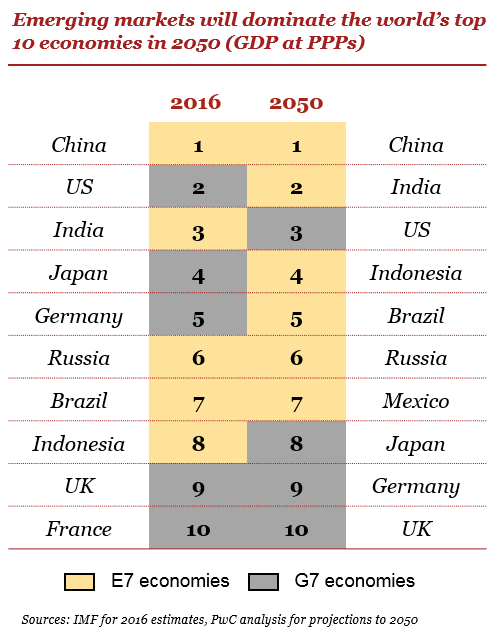Deconstructing startup decks: Spext (Google Docs for voice data)
I had tweeted about my willingness to give thoughts and feedback on a startup’s deck. Anup from Spext reached out to me with their deck. I’m deconstructing it below and after that, I’ll answer questions that Spext specifically wanted me to focus on. Note that my understanding of the market is limited to a few hours I spent doing the analysis. This deck is published with Anup’s permission.
The offer for analyzing decks still holds, in case you are interested, email me your deck. ...
